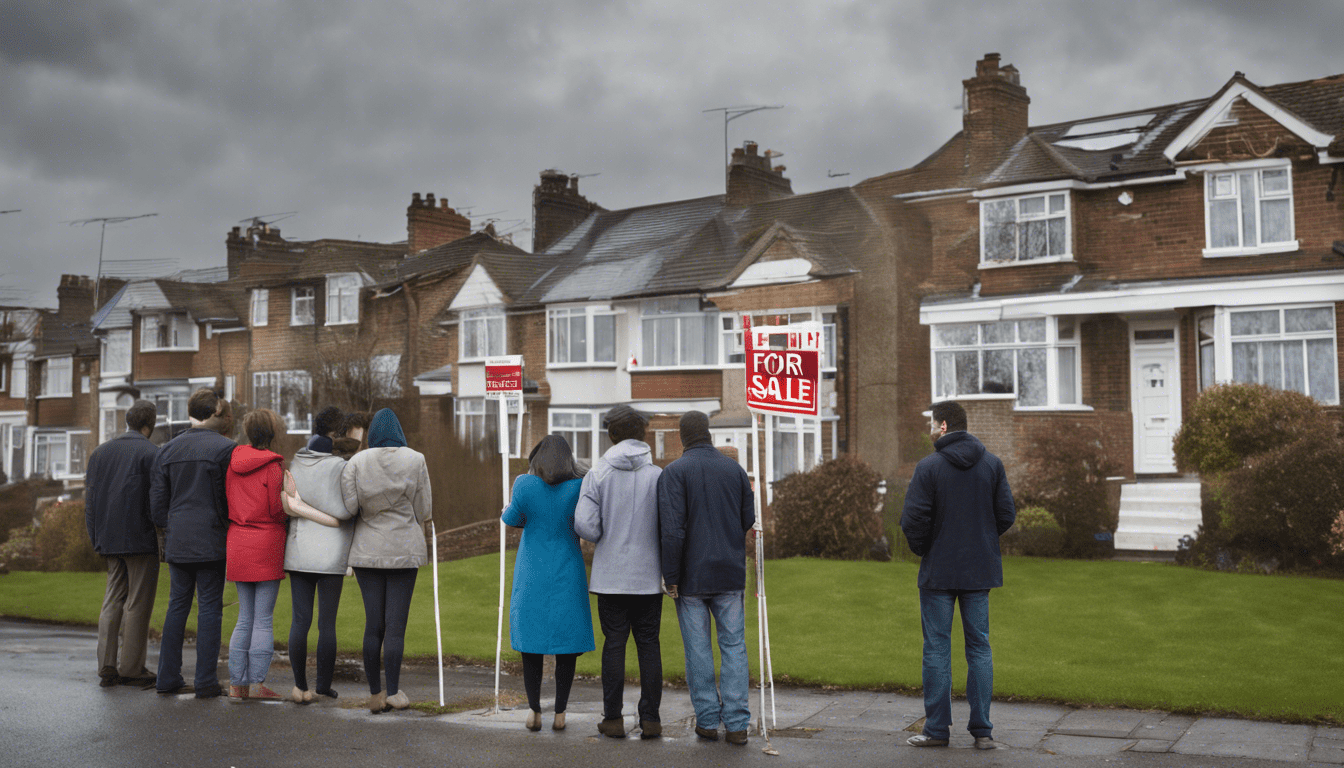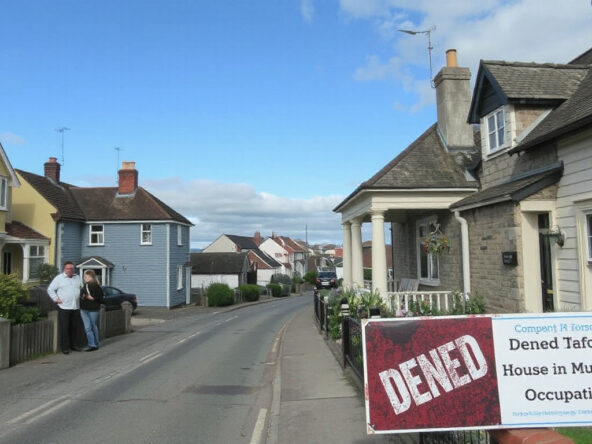In November 2024, a troubling report by Skipton Group has unveiled the harsh reality facing first-time home buyers (FTBs) across the UK. The findings highlight that a mere
12.5% of these hopeful purchasers can afford the average price of their first home, manifesting a severe housing affordability crisis. This crisis is especially pronounced for those in the lower income brackets, where less than 1% have the financial means to secure a mortgage in their local area. Areas such as the West Midlands, Wales, and London reveal the starkest challenges, while regions like Scotland and the East of England offer a glimmer of hope due to comparatively lower property prices. As the cost-of-living crisis continues to strain household finances, the data reaffirms the pressing need for government initiatives aimed at enhancing housing accessibility for all demographic groups.
Key Takeaways
- Only
12.5% of first-time home buyers in the UK can afford to purchase an average home. - Households in the lowest income bracket face the most severe challenges, with less than 1% able to afford housing in their area.
- Regional disparities show that the West Midlands, Wales, and London have the worst affordability, while Scotland and the East of England offer better prospects.
Extent of the Affordability Crisis for First-Time Buyers
The affordability crisis for first-time buyers (FTBs) in Northern Ireland is reaching alarming levels, as revealed by the latest index from the Skipton Group. The findings indicate that only one in eight individuals looking to purchase their first home can do so at average market prices across the UK (Colclough, 2024). This situation is particularly concerning for lower-income households, with less than 1% of those in the bottom income bracket able to afford a home in their locality. Even among higher earners, specifically those earning over £71,250, only 44% are able to buy in their areas, further illustrating the widening gap in housing affordability. The report indicates that nearly 80% of would-be FTBs are unable to save enough for a deposit, compounded by the fact that 40% of renters are spending over 45% of their income on housing, thereby crippling their savings potential (Parker, 2024).
The index highlights the regions with the most severe affordability issues, noting that areas such as the West Midlands, Wales, and London are experiencing particularly harsh conditions. Conversely, regions like Scotland and the East of England are observed to offer relatively better opportunities, thanks to lower property prices and more favorable income-to-price ratios (Smith, 2024). Despite some improvement in housing affordability during the pandemic, the ongoing cost-of-living crisis has significantly reversed these gains, bringing conditions back to levels reminiscent of early
2020. In response to this pressing situation, Stuart Haire, CEO of Skipton Group, has urged the government to collaborate across departments to develop effective solutions aimed at improving housing affordability (Colclough, 2024; Parker, 2024). The findings call for immediate and comprehensive interventions to tackle the multifaceted challenges that many aspiring homeowners face.
Regional Disparities in Housing Affordability
The ramifications of such stark housing disparities are acutely felt in Northern Ireland, where the growing divide in home affordability is exacerbated by an unequal distribution of income and rising living costs. According to recent data, more than half of renters in Northern Ireland are prioritising housing stability over savings, with many reporting that they are unable to set aside sufficient funds for a deposit on a home (Jones, 2024). Furthermore, the affordability issue is forcing many would-be homeowners to either delay their purchase or seek alternative options, such as shared ownership schemes or renting longer than they initially planned. Experts argue that the Northern Ireland Executive must prioritise housing policy reform to ensure that those in the lowest income brackets are not left behind as the market continues to escalate. Initiatives such as targeted financial assistance for first-time buyers and increased investment in affordable housing are crucial steps that could alleviate some of the significant pressures faced by potential buyers (Taylor, 2024). As discussions around housing policy evolve, community organisations are also calling for more transparency regarding new developments, ensuring that local voices are considered in planning decisions to create sustainable and inclusive communities.
Feel free to contact us via WhatsApp, social media, or email.
Always find the best rooms to rent & HMOs for sale in the UK at HMO Reporter.




